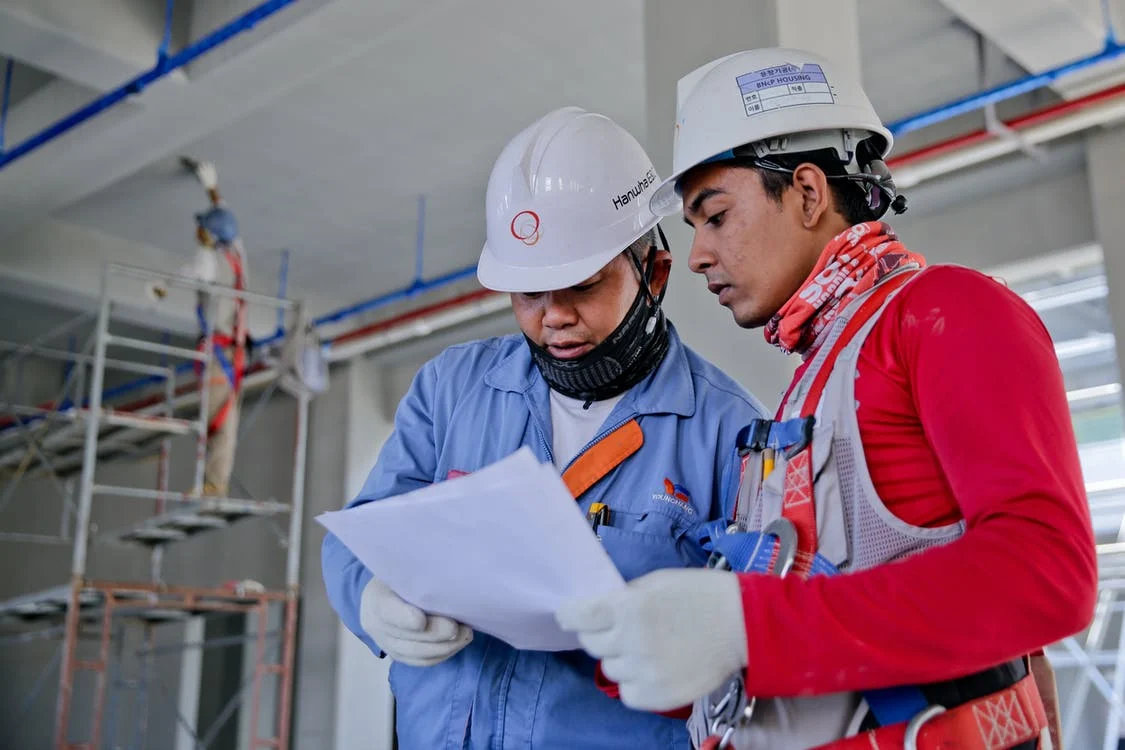

Introduction paragraphs are key in engaging your readers, leading them to click, share and convert more often. Creating an effective introduction can increase clicks, shares and conversions significantly.
Building inspectors analyze construction projects to ensure compliance with standards, codes and contracts. They conduct an initial inspection before work commences on each project as well as ongoing checks throughout its duration.
Building Inspectors are experts who utilize engineering knowledge to evaluate and approve buildings for construction or alteration. Their inspections assess structures to ensure structural soundness, conformance with regulations outlined in plans and specifications, safety standards at construction sites as well and compliance with other applicable regulations.
Inspectors often must scale ladders or enter restricted spaces to conduct inspections. Furthermore, they need to collaborate with other construction professionals and report the findings of their inspections to them.
Building Inspectors spend much of their time at construction sites inspecting structures. In addition, they work in office settings reviewing plans and producing reports. A successful building inspector needs to possess advanced engineering and construction knowledge as well as an eye for detail to make decisions with no emotional influences, as well as be able to spot safety and structural issues affecting construction projects quickly. They act as the vital link between industry players and regulatory authorities.
Plans examiners are responsible for reviewing new building and equipment systems being constructed or installed in new developments, working closely with design and construction professionals, filing representatives and the public to ensure compliant development projects. Furthermore, plan examiners conduct research investigations or studies related to construction or demolition activities under their jurisdiction.
They typically oversee permit applications that arrive and assess appropriate fees to pay. Furthermore, they examine submitted blueprints to ensure they meet legal codes.
A plan examiner typically requires a bachelor’s degree in civil engineering or architecture and experience working on construction projects, in addition to extensive travel. Meeting deadlines often requires extensive travel. Skills required for this position include reading comprehension, active listening and communication capabilities. While plan examiner salaries tend to be higher than residential inspector salaries overall, both positions remain highly desirable within their industries with similar career pathways.
Code enforcement inspectors ensure that construction projects conform to local, state and model building codes as well as land use ordinances. They inspect work in progress as well as after completion.
Professional engineers must possess both technical knowledge and experience for success in their jobs. To be effective, they should be able to explain why something does not meet standards and help bring it into compliance; this is particularly relevant when working on residential projects where their presence could have a profound impact on people’s lives.
Some jurisdictions take an aggressive approach to code enforcement, conducting routine inspections of covered buildings. Others rely on residents reporting potential violations. As with other government jobs, pay varies with tenure and experience – new building inspectors tend to earn less than those who have more tenure or certification from professional organizations can increase job prospects and salaries.
An energy efficiency inspector works to ensure buildings use energy as efficiently as possible. They may conduct home energy audits or consult with commercial building owners to assess their properties for improvements, and often assist with installing energy-saving equipment like pipe insulation or geothermal heating systems.
Some building inspectors work for construction companies or government agencies to ensure construction projects comply with regulations and standards, while others may specialize in one specific field such as fire prevention inspection.
Plumbers inspect drinking water systems to ensure they are installed safely, while industrial piping inspection ensures waste is disposed of sanitary manner. Plan inspectors ensure buildings meet specified building plans; specification building inspectors are often hired by insurance firms and financial institutions to evaluate the foundation, roof and exterior coating conditions of structures being planned or built.
An inspector performing a building inspection will scrutinize every aspect of a property, from sidewalks to power lanes, roof, electrical, plumbing systems and roofing structures to appliances or wiring that might need repair, doors hung correctly on frames, shingled firmly attached as well as interior office spaces, bathrooms and kitchen areas. It is a document that outlines the condition of a building
A building inspection is an examination of a property conducted by an inspector specializing in structural issues. A homebuyer should undergo this step prior to purchase; an inspection can reveal problems that need addressing as well as help them better understand what they’re getting into.
First, an inspection is made of the exterior of the building. This involves visual checks on roof, landscaping and driveway areas as well as inspecting drainage system components like guttering and water tanks to identify signs of wear or damage that need addressing. If any signs are noted by an inspector they will note it.
Sign up to receive our email, delivering the latest stories straight to your inbox.
